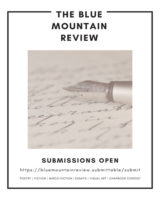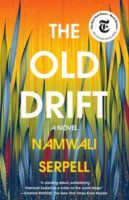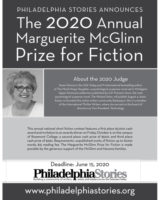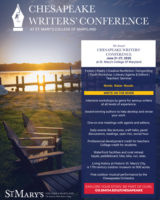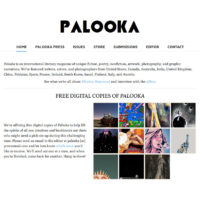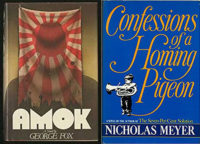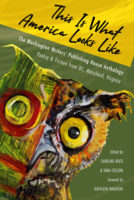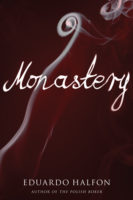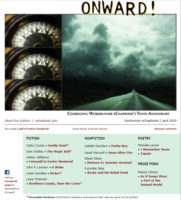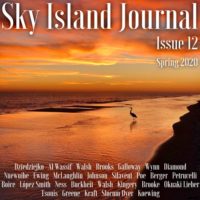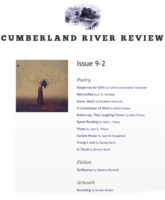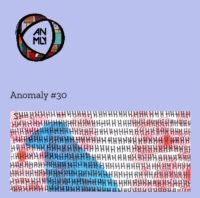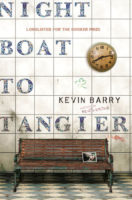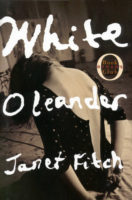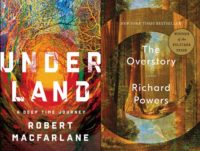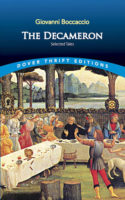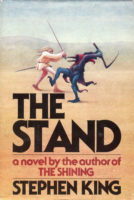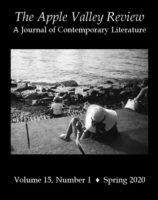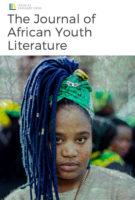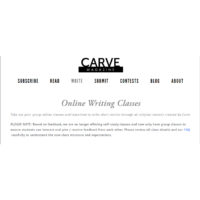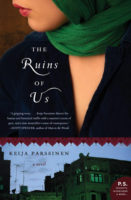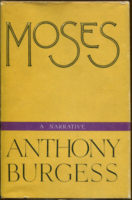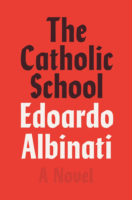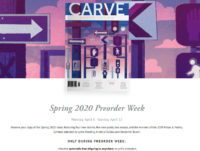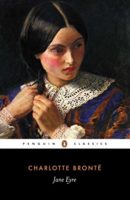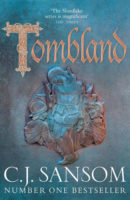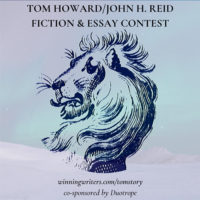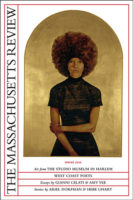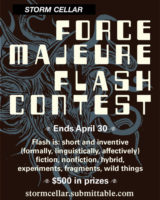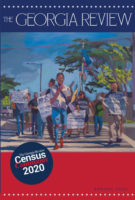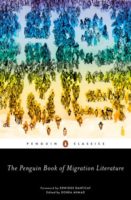 Guest Post by Serenity Schoonover
Guest Post by Serenity Schoonover
As 68.5 million people currently live as displaced persons on the planet, a short, potent anthology on immigration, emigration, and asylum-seeking is relevant reading for everyone. The Penguin Book of Migration Literature: Departures, Arrivals, Generations, Returns showcases thirty writers’ artful examinations of striking out to start over, staying put despite instability, and even circling back to a country that disowned you.
Among established writers, Emine Sevgi Özdamar’s “The Bridge of the Golden Horn,” notes the wry negotiations of Turkish factory women in Germany: “the man made meatballs out of horses- we didn’t know that, because we couldn’t speak German. Meatballs were our mother’s favorite food.” Another, from Mehdi Charef’s “Tea in the Harem,” examines the volatile relationship between an Algerian mother and her son in France, both caught in the cross-hairs of identity crisis, “between two cultures, two languages, and two colors of skin.”
Emerging writer Djamila Ibrahim’s story, “Heading Somewhere,” laments an Ethiopian man’s marriage of convenience, a relationship based on leverage rather than love: “he resented Marianne her power. Divorce meant the loss of his permanent resident card, maybe even deportation.” Most unforgettable in the collection is Warsan Shire’s prose poem, “Conversations about Home (From the Deportation Center),” which begs the question: “Do you know how difficult it is, to talk about the day your own city dragged you by the hair?”
The power of this anthology, edited by Dohra Ahmad with a foreword by Edwidge Danticat, is its potential to be the first in a line of future works, literature that is willing to discuss, rather than dismiss or demonize, “people with deep histories-individuals as well as collective- that predate the migration, rather than newly created humans whose lives begin in a boat, plane or desert crossing.”
The Penguin Book of Migration Literature: Departures, Arrivals, Generations, Returns edited by Dohra Ahmad. Penguin Random House, September 2019.
Reviewer bio: Essays by Serenity Schoonover have aired on NPR, with book reviews appearing in Split Rock Review, Women’s Independent Press, CALYX, The Bookends Review, among others.
Buy this book through our affiliate Bookshop.org.


